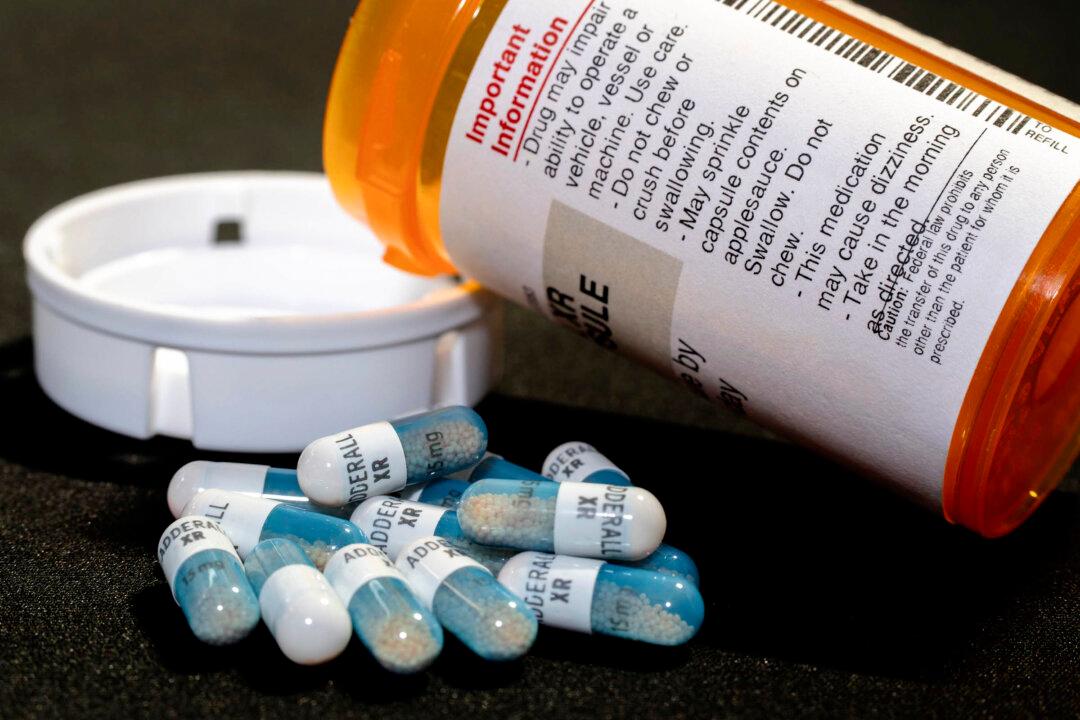Vitamin B6 May Cut Parkinson’s Risk
Vitamin B6, also known as pyridoxine, is an essential nutrient for people with Parkinson’s disease. It plays a crucial role in producing neurotransmitters, including dopamine, which is diminished in Parkinson’s patients.Vitamin E May Prevent Condition
Vitamin E is a potent antioxidant in nuts, seeds, fruits, and vegetables.Vitamin D Deficiency Observed in Patients
Vitamin D is essential for maintaining bone health, and emerging studies indicate its potential benefits for people with Parkinson’s disease.Vitamin-Like Antioxidant Protects Brain Cells From Damage
Recent research indicates that people with Parkinson’s disease exhibit depleted levels of coenzyme Q10 (CoQ10), an antioxidant, in their brains. While a regular diet provides about 5 milligrams of CoQ10 per day, the body itself produces the majority. Although no specific daily requirement has been established, approximately 500 milligrams per day is estimated as necessary.Benefits of Diet and Supplements for Parkinson’s Patients
In addition to supplements, dietary changes have been suggested as beneficial for Parkinson’s patients. A diet rich in fruits, vegetables, and fish has been associated with a lower risk of Parkinson’s.Some foods such as fava beans and Mucuna puriens naturally contain levodopa, but the concentration is too low to have a significant effect, Dr. Guy Schwartz, co-director of the Stony Brook Parkinson’s and Movement Disorders Center, told The Epoch Times.
“It would take a very high volume of these legumes to mimic the effect of levodopa,” he said.
The limited number of studies in this area can be attributed to the significant costs involved, as conducting extensive research on supplements that may not yield any benefits can be financially burdensome, Dr. Schwartz said.
“But they’re being examined; there are some drugs in clinical trial that are purported to slow progression,” he said. “So we’re waiting for those results.”
Dr. Schwartz noted that supplements’ effects remain uncertain until they’re thoroughly studied with a significant number of participants. He recommended a balanced diet and highlighted the importance of scientific evidence before recommending supplements.
“We don’t know what is the therapeutic dose of a drug or supplement,” he said.
Despite these promising studies, vitamins and supplements are not a substitute for medical treatment. People with Parkinson’s should consult their doctors before introducing new supplements or making radical dietary changes.





